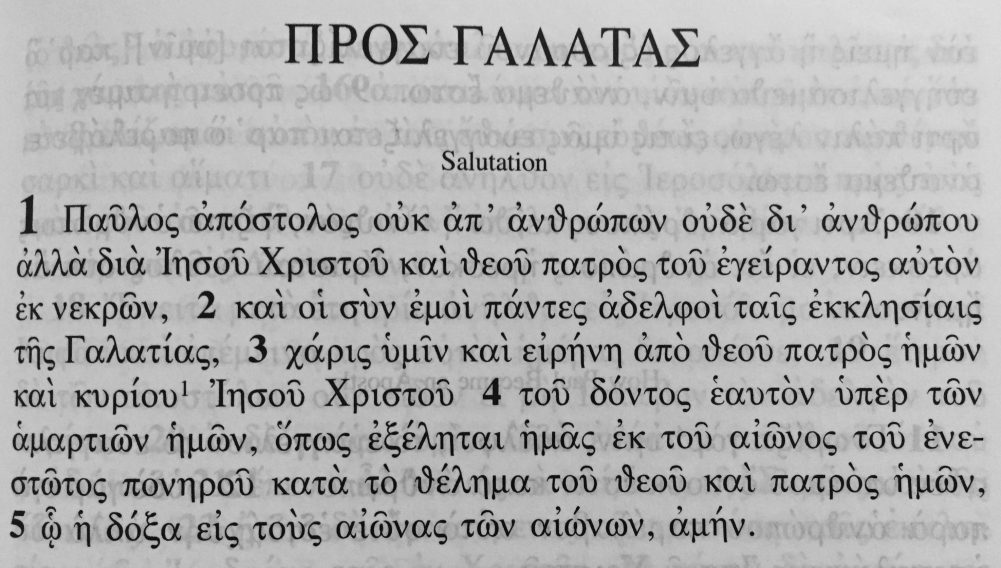Here we have a good example of how the church ought to conduct itself. There was a concern that there was contradiction in the doctrine and practice of the churches of Christ. What did they do? Did they ignore it in the hope that it would just go away? Did they excuse any possible aberrations as quibbling over minor things? Did they refuse to discuss it in pride, certain that if there were error, it certainly couldn’t be on their end? Did they broadcast the potential heterodoxy of their colleagues far and wide and abroad? No, they met with each other, even when meeting together was not easy, when there were no high speed trains, jets, or cell phones, or email addresses. And then what happened? They confessed what they preached and taught and they listened, each in turn. And when it was evident that their doctrine and practice were not inconsistent with the Scriptures and the gospel of Jesus Christ and that each confessed one and the same Christ with the same pattern of sound words and according to the same revelation of the Word, they extended the right hand of fellowship, and in so doing, reminded each other that Christian faith goes hand in hand with Christian love, expressing their concern for the poor, those who had lost family and livelihood for the faith especially.
And that is how the church is to proceed today. That is how brothers in the pastoral office are to deal with one another. That is how laypeople are to treat their pastors and pastors their laypeople. That is how congregations are to interact with synodical officials and synodical officials with congregations. We are not to brush possible deviations in doctrine or abuses in practice under the rug, but we are also not to broadcast them and cast aspersions before we’ve addressed them in love with those involved, putting the best construction on each other’s words and actions, wanting nothing more than to preserve the unity of the Spirit in the bond of peace through mutual admonition and consolation and dutiful study of the Scriptures. When there is error, and it is persistent, divisions must occur, but they dare never be fueled by unloving spirits or careless words. And when there is no error, but differences of note, then in love brothers and sisters are to work to establish what is wisest, best, and most edifying for all, and to proceed, not with personal preferences, but with fraternal consideration and affection. And when we find ourselves in agreement, there should be no bounds upon our rejoicing, for nothing is more precious. David put it well: “Behold, how good and pleasant it is when brothers dwell in unity! It is like the precious oil on the head, running down on the beard, on the beard of Aaron, running down on the collar of his robes!” (Psalm 133:1-2). When such fellowship has been recognized, by God’s grace and through the Spirit’s work, we press on together with joy and in Christian love, one for another, and especially for those in the family of God who are suffering, especially those who are suffering for the faith, for we are brothers and sisters, we are members together of the body of Christ our Lord.
May God grant us meaningful fellowship with those who confess the faith in truth and purity, fraternal admonition and consolation within that fellowship, and such joy and love in our lives together under the cross.

